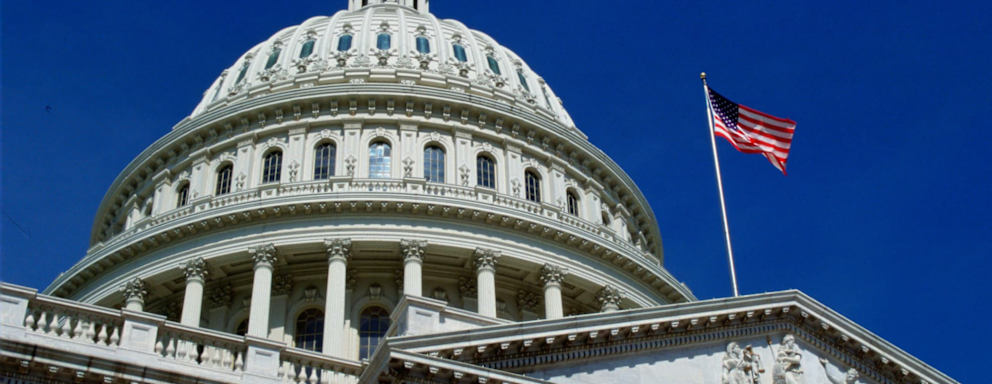Congress Sets October Deadline for Future FAFSA Launches
 Credit: Tim Graham / Stone / Getty Images
Credit: Tim Graham / Stone / Getty Images- The Department of Education must release the FAFSA to all students by October of each year.
- That moves the required deadline up by three months.
- Congressional action came after the “botched” rollout of the 2024-25 FAFSA form.
Future administrations must make the Free Application for Federal Student Aid (FAFSA) available to all students by Oct. 1 each year moving forward.
The bipartisan FAFSA Deadline Act passed the U.S. House of Representatives and Senate with overwhelming support from both major parties. The bill, signed into law by President Joe Biden on Wednesday, changes the deadline for the Department of Education (ED) to launch the FAFSA for all students.
Previously, ED had until Jan. 1 to make the form available to students and families.
The department has historically made the FAFSA available on Oct. 1, so this new law isn’t a massive change to the status quo. ED hasn’t kept with tradition the past two FAFSA cycles, however, as a new “Simplified FAFSA” created launch delays for both the 2025-24 FAFSA and the 2025-26 FAFSA.
The 2025-26 FAFSA became available for all students on Nov. 21.
Students who wish to qualify for federal financial aid, including student loans and the Pell Grant, must complete the FAFSA. State and institutional aid is often also determined using the FAFSA.
Rep. Erin Houchin, a Republican representing Indiana, proposed the bill in the House of Representatives in July.
The FAFSA Deadline Act passed the House on a 381-1 vote on Nov. 15. Rep. Zoe Lofgren, a Democrat representing California, was the sole vote against the bill.
Senators passed the bill to the president less than a week after the House’s vote.
“The Biden-Harris FAFSA delays forced students to choose their college without knowing their financial aid status, or not attend college at all because they didn’t know if they could afford it. No student should have their dreams threatened because of bureaucratic incompetence,” Sen. Bill Cassidy, a Republican representing Louisiana, said in a statement. “This commonsense bill holds [ED] accountable and ensures students have the financial information to choose the best, affordable college option for them.”
The FAFSA Deadline Act also requires the sitting ED secretary to report to Congress by Sept. 1 each year to affirm whether the department will likely meet the Oct. 1 deadline. If not, representatives from ED must testify and explain the “anticipated failure” and the financial impact of a delayed FAFSA launch.
Despite another delayed launch, the 2025-26 FAFSA rollout has progressed with fewer hiccups than the previous FAFSA cycle. As of Nov. 20, 95% of students and families who had filed the form during the beta phase said they were satisfied with the experience.